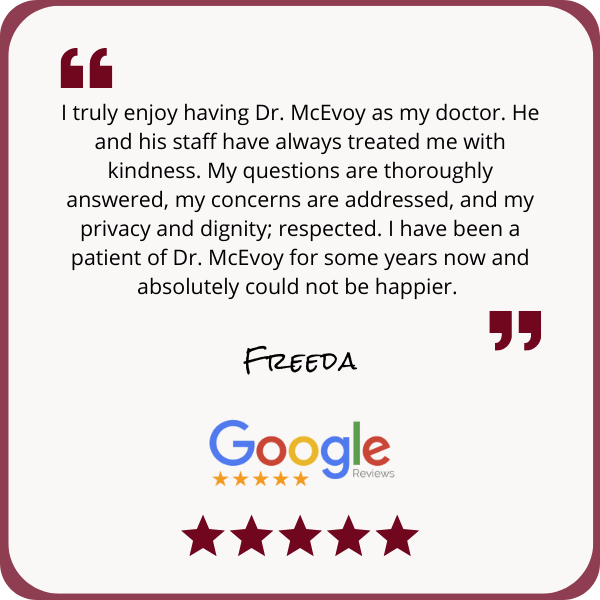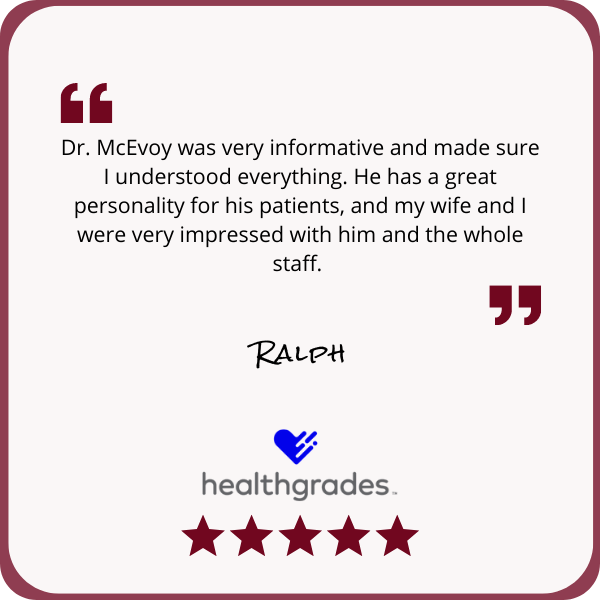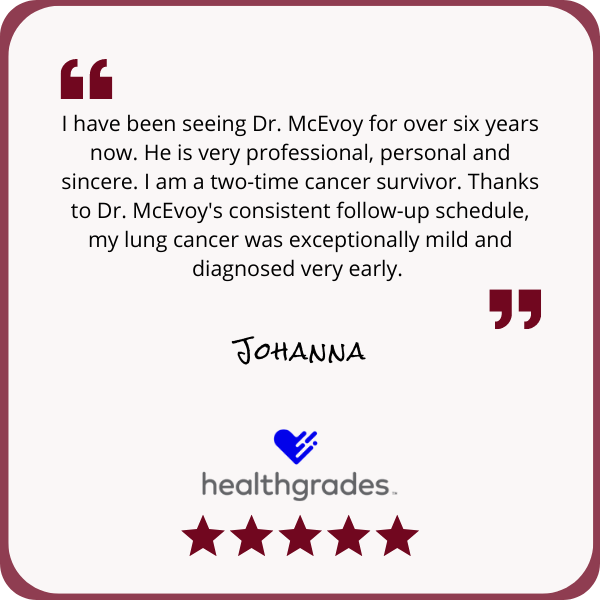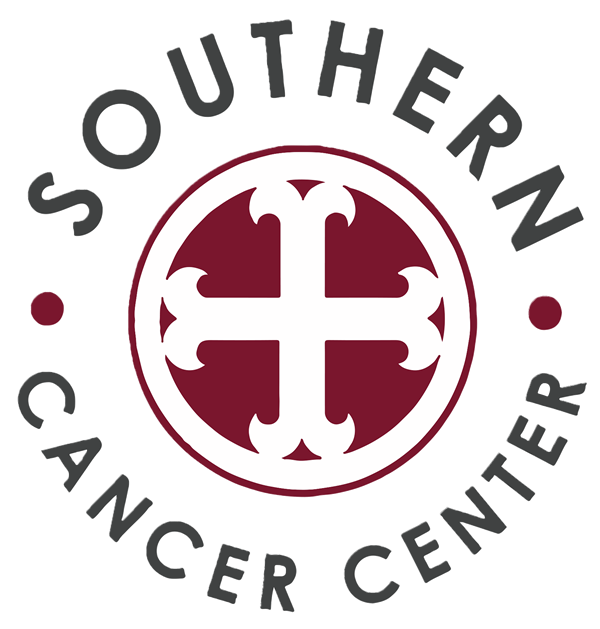Dr. W. Curry McEvoy
Specialties:
Medical Oncology & Hematology
Education/Experience:
Medical School: University of Alabama at Birmingham (UAB)
Residency: Internal Medicine, UAB Hospital
Fellowship: Hematology/Oncology, Wake Forest Baptist Medical Center
Board Certification: American Board of Internal Medicine
Board Certification: Medical Oncology
Board Certification: Hematology
Sees Patients:
Daphne Location
Foley Location
“Hi, my name is Curry McEvoy. I’m a physician here at Southern Cancer Center and I’ve been here since 2015.
Well a typical Saturday for me, I have young children so usually we’re up at 6:30am or 7:00am and making breakfast. Right now we’re doing soccer so after that we’re out on the soccer fields. After soccer it’s back home and then let’s get out of the house before my two young boys destroy the place. Have lunch, a little quiet time for them to kind of unwind and then back out of the house in the afternoon.
I do have bees and if you ask my wife she says I probably have too many hobbies. Having the bees has been a good thing for our family. It’s very therapeutic and you wouldn’t think that having bees was, keeping bees alive was very hard. It is. It’s been something that I’ve thoroughly enjoyed and I, whenever I get home or whenever we checked the beehive, I always bring the boys out there and we take a look at it and we can find the queen and see kind of what’s going on the inside. It’s been a good thing for us.
My ultimate goal is to put the patient at ease. Come in, talk to them, tell them what’s going on. But also follow that up with what we’re going to do for them, how we’re going to help them, how we’re going to help them fight whatever illness that they’re seeing us for. What makes me feel accomplished is knowing that we’ve you know done an excellent job of taking care of our patients and providing them with cutting-edge treatments to help them fight their malignancies.
Treatments have changed substantially over the last 10 years. I mean, treatments have changed substantially over the last 5 years. Things that we were doing 5 to 10 years ago, aren’t considered standard of care now. We’ve had multiple new drugs, multiple new techniques to carry on the fight against cancer. It’s going to change even more drastically. We are doing a lot of immune manipulation now and I think that’s the future of cancer care.”



